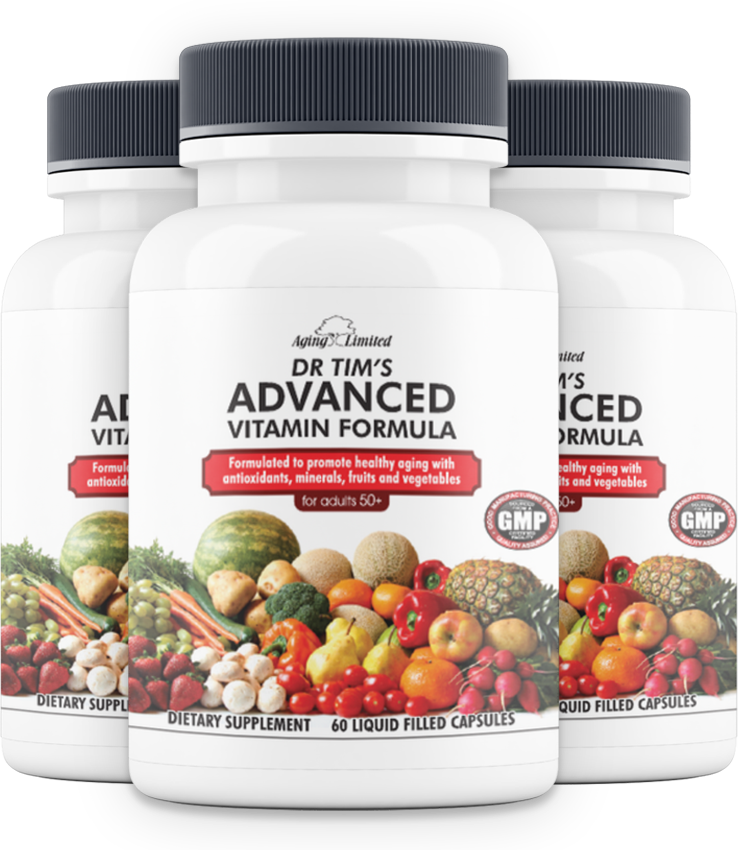Vitalize your life
Dr. Tim has dedicated over 25 years to practicing medicine and finds great joy in caring for his patients. He enjoys addressing a wide range of health questions, from concerns to prevention strategies. Now, you too can benefit from his expertise and join the informed community under his care.

Is watermelon good for you?
Yes, watermelon is generally considered good for you! Here are some reasons why:
- Hydration: Watermelon is about 90% water, which makes it an excellent choice to help you stay hydrated.
- Nutrient-Rich: It contains vitamins A, C, and B6, as well as potassium and magnesium. These nutrients are important for various bodily functions, including maintaining healthy skin, boosting immune function, and regulating blood pressure.
- Low in Calories: It is relatively low in calories compared to many other fruits, making it a good option if you’re watching your calorie intake.
- Antioxidants: Watermelon contains antioxidants such as lycopene, which may help protect cells from damage and promote heart health.
- Digestive Benefits: It contains fiber, which can help support digestive health and regularity.
However, it’s important to note that like any food, moderation is key. Watermelon does contain natural sugars, so consuming large amounts could contribute to calorie intake if you’re trying to manage your weight. But overall, watermelon can be a refreshing and nutritious part of a balanced diet.
Plus a quality vitamin formula can easily provide these benefits and more. Free trial available.

Are onions good for you?
Yes, onions are generally considered to be good for you and offer several health benefits:
1. **Nutrient-Rich**: Onions are low in calories but packed with nutrients. They contain vitamins C and B6, as well as folate, potassium, and manganese.
2. **Antioxidant Properties**: Onions contain various antioxidants, including quercetin and sulfur compounds, which may help reduce oxidative stress in the body and lower the risk of chronic diseases.
3. **Heart Health**: Some studies suggest that onions may help lower cholesterol levels and blood pressure, which can contribute to better heart health.
4. **Anti-Inflammatory Effects**: The antioxidants and sulfur compounds in onions have been associated with anti-inflammatory effects, potentially helping to reduce inflammation in the body.
5. **Digestive Health**: Onions contain fiber, which is important for digestive health and can help promote regular bowel movements.
6. **Potential Cancer-Fighting Properties**: Some research suggests that the compounds in onions may have anti-cancer properties, particularly against digestive tract cancers.
However, it’s worth noting that onions can cause digestive discomfort in some individuals, especially when consumed raw. Cooking onions can help mitigate this for some people. Overall, onions are a versatile and nutritious addition to a balanced diet, offering both flavor and health benefits.
Just another reason my formula can help, we have the onion phytonutrients. Give a FREE try.
Dr Tim

Are eggs good for you?
Yes, eggs are considered to be highly nutritious and can be beneficial for health. Here are some reasons why eggs are good for you:
- Excellent Source of Protein: Eggs are a complete protein source, meaning they contain all nine essential amino acids that the body needs for various functions, including muscle building and repair.
- Rich in Nutrients: Eggs are packed with vitamins and minerals. They are particularly high in vitamin B12, vitamin D, riboflavin (vitamin B2), and selenium. They also contain good amounts of vitamin A, vitamin E, folate, and iron.
- Heart Health: Contrary to previous concerns, research now indicates that moderate egg consumption does not significantly increase the risk of heart disease for most people. In fact, eggs can contribute to a healthy heart due to their content of healthy fats (like omega-3s in pastured eggs) and antioxidants such as lutein and zeaxanthin.
- Eye Health: Eggs are rich in lutein and zeaxanthin, antioxidants that have been shown to promote eye health and reduce the risk of age-related macular degeneration.
- Choline: Eggs are one of the best dietary sources of choline, a nutrient important for brain health, liver function, and metabolism.
- Satiety: Eggs are filling and can help regulate appetite, which may aid in weight management when consumed as part of a balanced diet.
However, the way eggs are prepared (e.g., frying in butter or oil) can affect their nutritional profile and health benefits. Overall, for most people, eggs can be a nutritious and beneficial part of a healthy diet.




